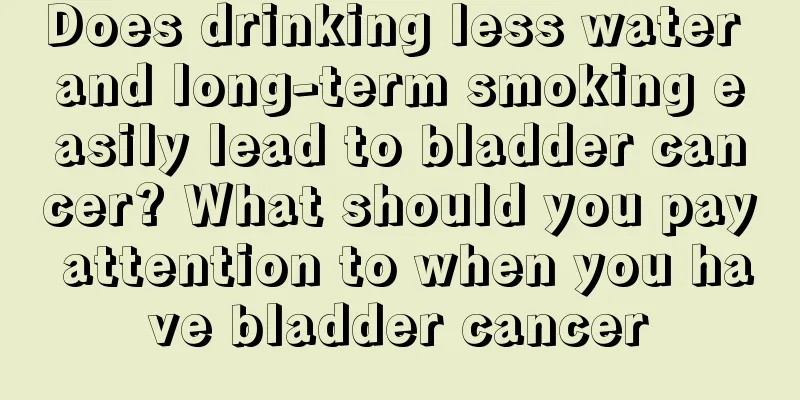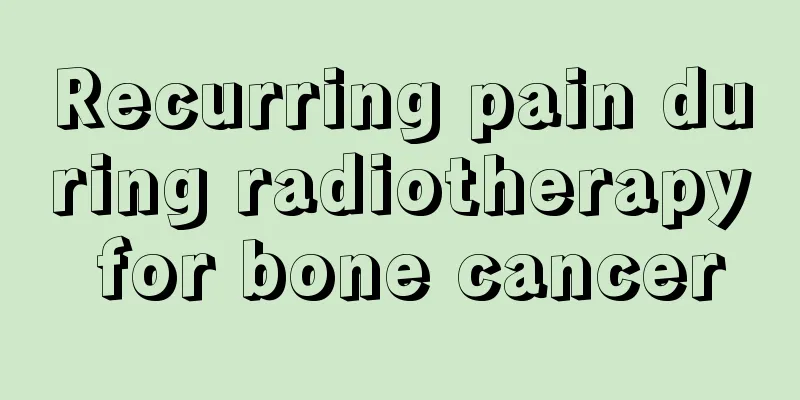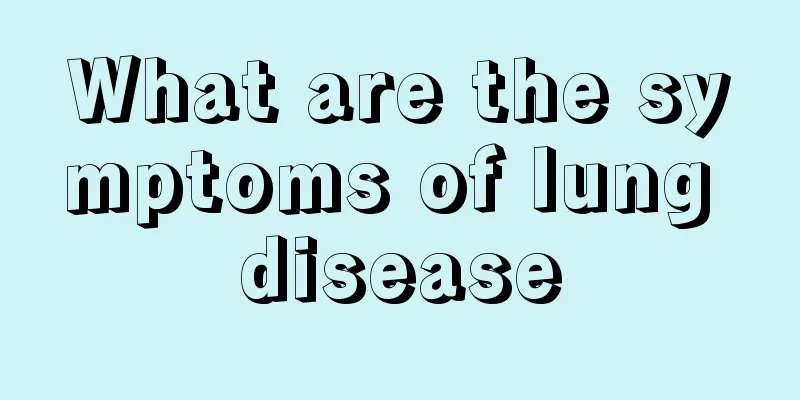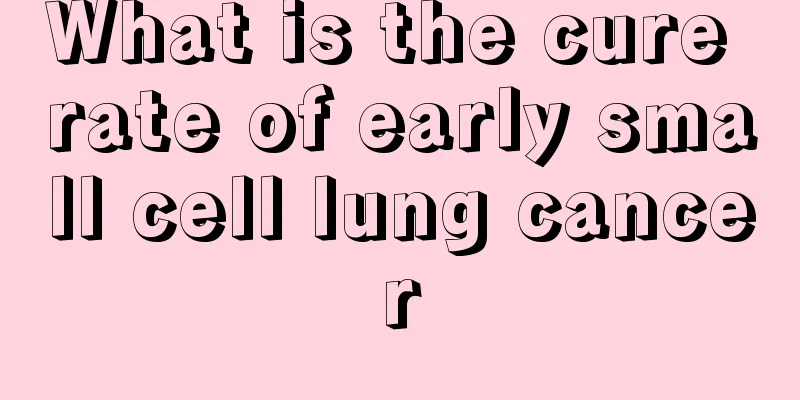What should I do if my ovaries have no follicles?

|
The follicle is a very important factor for women to get pregnant. If there is no follicle in the ovary, then the woman will not get pregnant. Therefore, women are often very anxious when there is no follicle in the ovary, and they don’t know how to treat it. In fact, the lack of ovarian follicles can be treated, and patients do not need to worry too much. Let us now explain to you what to do if the lack of ovarian follicles. The results show that it is not that there are no follicles, but that they are immature or not optimal. It is recommended to wait two more days before testing for a more accurate result. Factors that cause ovulation disorders include: central nervous system anovulation; hypothalamic anovulation; pituitary anovulation; ovarian anovulation; polycystic ovary syndrome; luteinized unruptured follicle syndrome. 2 In addition to the gonads, other endocrine systems such as thyroid and adrenal cortex dysfunction and some systemic diseases such as severe malnutrition can affect the regulation of ovarian function and lead to ovulation disorders. The causes are different, and the treatment methods are also different. We need to confirm whether there are no follicles or the follicles are immature. If there are no follicles, we need to find out the cause so that we can prescribe the right medicine. In addition, it is recommended that you try to relax as much as possible during the period of preparing for pregnancy and not be too nervous, as this will also affect the outcome of the pregnancy. 1. Central nervous system diseases The ovaries can ovulate normally, which is subject to normal feedback and regulation of the hypothalamus-pituitary-ovarian reproductive axis. The hypothalamus is the "headquarters" in charge of the reproductive axis. If there is a problem with the headquarters, such as encephalitis, head trauma, and Kallmann syndrome, it may cause menstrual disorders, anovulation, amenorrhea and other symptoms in women. 2. Pituitary diseases Pituitary diseases such as pituitary adenoma, hyperprolactinemia and other problems can cause amenorrhea and abnormal ovarian ovulation in women. 3. Ovarian factors Congenital ovarian hypoplasia, polycystic ovary syndrome, premature ovarian failure, ovarian chocolate cysts, functional ovarian tumors, etc. affect ovarian ovulation. Ovarian chocolate cysts can not only damage ovarian tissue and affect ovulation, but can also cause severe adhesions and lead to female infertility. 4. Ovulation disorders caused by abnormal thyroid and adrenal cortex function Such as hyperthyroidism, hypothyroidism, hyperadrenocortical function, Cushing's syndrome, adrenal cortical tumors, adrenal cortical insufficiency, etc., will lead to the normal regulation of the hypothalamus-pituitary-ovarian reproductive axis function, and then affect female ovulation. Patients with ovarian follicles without ovaries should supplement more nutrition in their daily life. Supplementing your body with certain nutrients can also improve this phenomenon. Do not lose weight excessively. Excessive weight loss will lead to irregular menstruation, thereby aggravating the phenomenon of ovarian follicles without ovaries. Patients must pay attention to this. |
<<: How to treat recurrent respiratory tract infections?
>>: What causes thyroid cysts?
Recommend
How to solve the problem of brown discharge after menstruation
Every normal woman will experience menstruation w...
Is the blood from bloodletting and cupping black?
With the improvement of people's health aware...
Diet for patients with colon cancer
Colon cancer is a digestive tract disease with a ...
Why can’t I hold my urine?
Many patients always have the problem of not bein...
Do people who take methamphetamine have any symptoms?
Now with the continuous improvement of living con...
What to do if your nose is red? Recommended dietary recipes
Any obvious flaw on the face will attract other p...
Why do you get osteosarcoma? Pay attention to these points
Some people still feel that the cause of osteosar...
Which hospital is better for treating breast cancer
Breast cancer is the most common malignant tumor ...
About the cost of mid-to-late stage rectal cancer
How much does it cost to treat advanced colorecta...
How to treat advanced lung cancer better? Advanced lung cancer mainly follows three treatment principles
Nowadays, many people do not pay attention to the...
Will eating egg shells cause kidney stones?
Eggs are an essential food in daily life, but few...
What are the symptoms of the chin pressing on the anterior fontanelle
The fontanelle refers to the gap in the skull for...
There are so many benefits of sleeping naked for girls
In life, many female friends choose to sleep nake...
What can't you eat if you have cervical cancer
Generally, women will seek treatment as soon as p...
Hearing loss after water enters the ear
Many people accidentally let water flow into thei...









